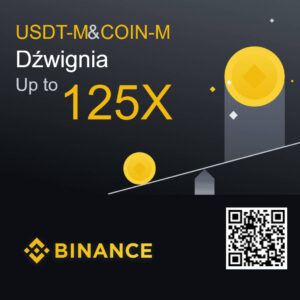Rate Holo 0,00 EUR
Change (24h): 2,33%
Calculator HOT / EUR
How is 1 Holo?
| HOT | 0 EUR | |
| EUR | 0 HOT |
Team
- No data
Another prices
- GAME 0.11 EUR 0,00%
- SOL 340.5 PLN 3,93%
- ALG 0.00000243 BTC 0,00%
- NEU 0.00000169 BTC 0,00%
- XLM 0.39588 USDT 0,00%
- MTH 0.00000023 BTC inf%
- CHZ 0.03831 USDT 3,26%
- KNC 0.1357 USDT -3,00%
- BTC 72898.47 USDT 3,00%
- BZRX 0.00000463 BTC inf%
Do you know how buy Holo?
Description
Do you have account on KryptoBot?



